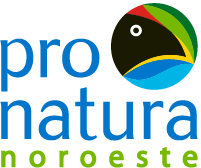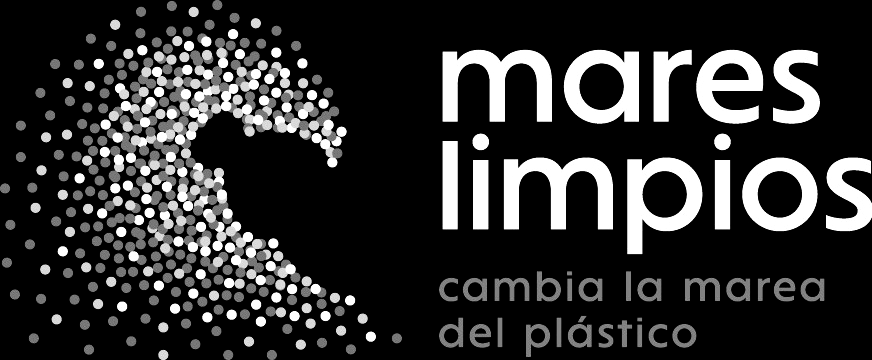From July 15 to 22, a brigade of certified fishermen divers explored the bottom of the Pacific Ocean in Baja California. Among kelp forests and sargassum, the divers documented the presence of one of the region’s most important fishery resources: the Red Sea Urchin (Mesocentrotus franciscanus).
Considered one of the largest sea urchins in the world, this unmistakable invertebrate, which on average reaches 19 centimeters in diameter, has a strong impact on the life of the peninsular coastal communities. It generates around 1,500 direct jobs, in addition to promoting commercial activity for thousands of people.
During the biological monitoring, the population status of the Red Sea Urchin, substrate conditions and algae cover, and other aspects of the ecosystem were recorded. The survey focused on polygons strategically selected by the National Fisheries Institute (INAPESCA) and Pronatura Noroeste’s fishing technicians to determine the general state of the resource in the state. With this work, progress is being made towards sustainable fishing schemes, based on the Red Sea Urchin Fishery Improvement Project (FIP) coordinated by Pronatura Noroeste. This conservation instrument seeks to take advantage of fishery resources within a framework of sustainability, under the international standards established by the Marine Stewardship Council (MSC).
For this monitoring, the participating fishermen divers were pre-certified in their scientific diving skills. The monitoring took place prior to the fishery’s kick-off, scheduled from July to February. Further monitoring will be carried out to keep records of the resource’s condition.
Regarding the efforts undertaken, Gabriela Ehuan, coordinator of the Red Sea Urchin FIP at Pronatura Noroeste, was emphatic: “We cannot move towards sustainable fishing without knowing the status of the fishery resource. Only with the involvement of local fishermen can we guarantee a real change in awareness and permanence of sustainable fishing processes.”
The project’s success is based on partnerships with INAPESCA, the Autonomous University of Baja California and organizations such as Baja California Fisheries Producers, Puerto Nuevo Coastal Fishermen, the Ensenada Fisheries Production Cooperative Society, the companies Arvi, Suarev, Punta Canoas and the Roeza Rural Production Limited Liability Company, as well as divers and fishermen from the Esteban Cantu Ejido.
Jose Mendez, a diver from the fishing organization Roeza SPR de RL, said: “I think the monitoring is perfect, in order to verify how much product there is, their size and other aspects, because it is the livelihood for our families. I like working together as a team and welcoming those who come to give us talks”.
Donate today to the biological monitoring of fishery resources and join Pronatura Noroeste’s conservation efforts.












